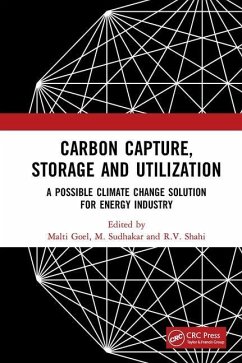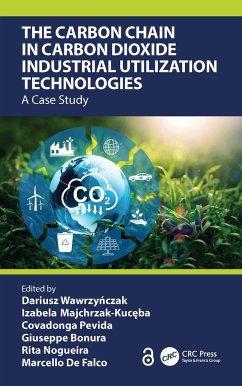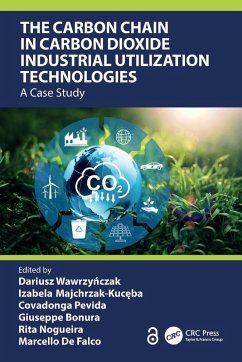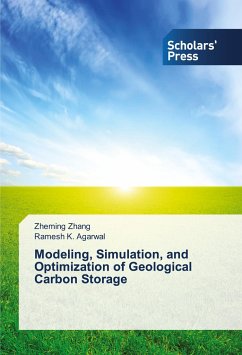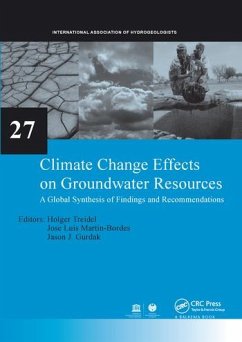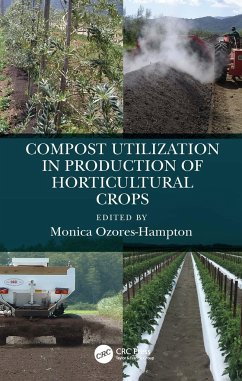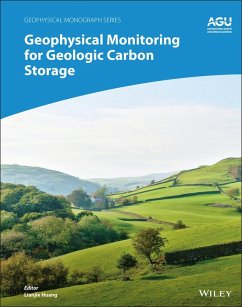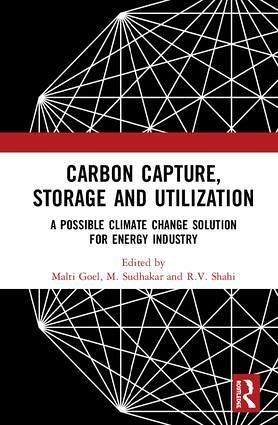
Carbon Capture, Storage and Utilization
A Possible Climate Change Solution for Energy Industry
Herausgegeben: Goel, Malti; Sudhakar, M.; Shahi, R.V.
Versandkostenfrei!
Versandfertig in 6-10 Tagen
128,99 €
inkl. MwSt.

PAYBACK Punkte
64 °P sammeln!
Carbon capture and storage (CCS) is among the advanced energy technologies suggested to make the conventional fossil fuel sources environmentally sustainable. It is of particular importance to coal-based economies. This book deals at length with the various aspects of carbon dioxide capture, its utilization and takes a closer look at the earth processes in carbon dioxide storage. It discusses potential of Carbon Capture, Storage, and Utilization as innovative energy technology towards a sustainable energy future. Various techniques of carbon dioxide recovery from power plants by physical, chem...
Carbon capture and storage (CCS) is among the advanced energy technologies suggested to make the conventional fossil fuel sources environmentally sustainable. It is of particular importance to coal-based economies. This book deals at length with the various aspects of carbon dioxide capture, its utilization and takes a closer look at the earth processes in carbon dioxide storage. It discusses potential of Carbon Capture, Storage, and Utilization as innovative energy technology towards a sustainable energy future. Various techniques of carbon dioxide recovery from power plants by physical, chemical, and biological means as well as challenges and prospects in biomimetic carbon sequestration are described. Carbon fixation potential in coal mines and in saline aquifers is also discussed.
Please note: This volume is Co-published with The Energy and Resources Institute Press, New Delhi. Taylor & Francis does not sell or distribute the Hardback in India, Pakistan, Nepal, Bhutan, Bangladesh and Sri Lanka
Please note: This volume is Co-published with The Energy and Resources Institute Press, New Delhi. Taylor & Francis does not sell or distribute the Hardback in India, Pakistan, Nepal, Bhutan, Bangladesh and Sri Lanka



